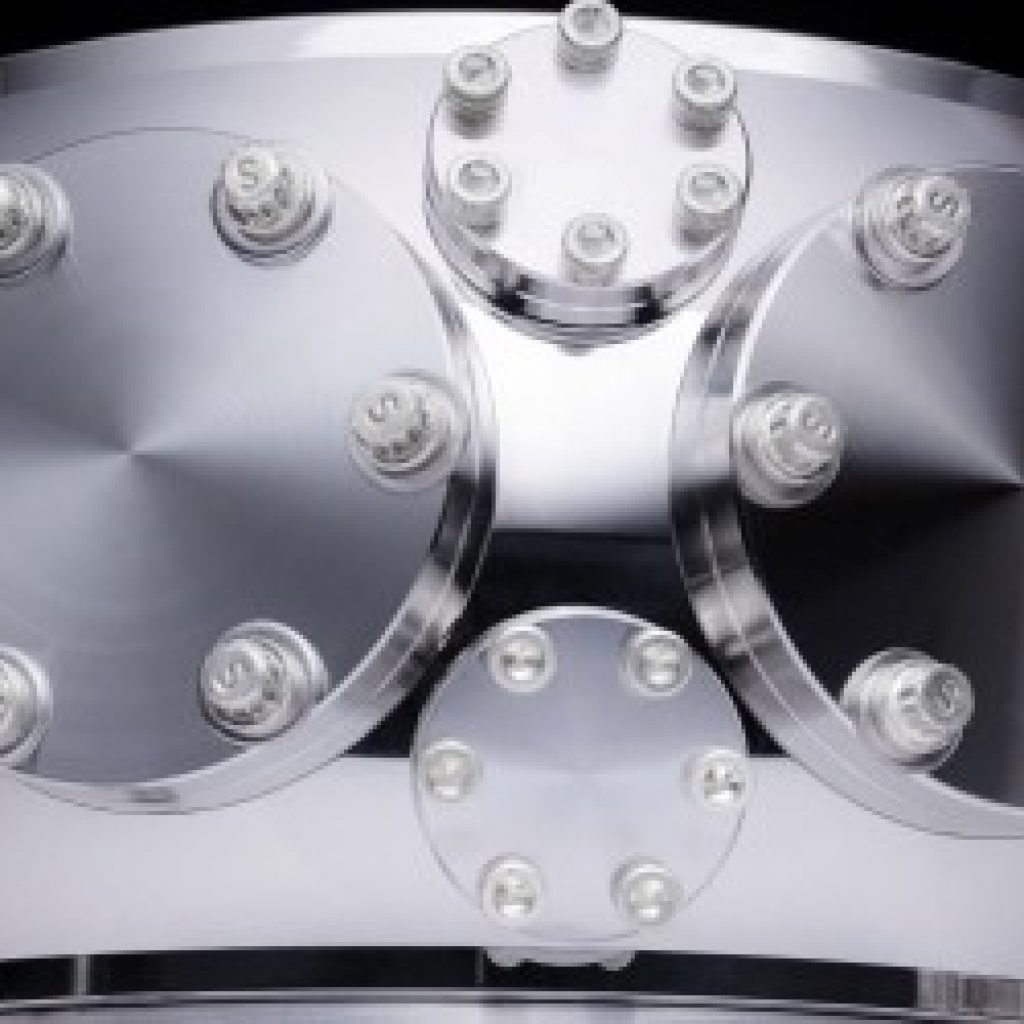(Bloomberg) A decade ago, two scientists at Honeywell International Inc. pitched their bosses a most improbable idea: The century-old industrial company should build a quantum computer. The idea was met with some skepticism. For one thing, International Business Machines Corp. and Google were already moving ahead on quantum computing,
Yet management signed off, and scientists set up a laboratory in a one-story brick building outside Boulder, Colo. Now, Honeywell is pursuing its own path to producing a practical quantum computer that can be used for everyday business. On Oct. 29 it unveiled what it dubbed the H1, its second-generation quantum computer.
Honeywell makes a claim that’s impressing industry observers: Its machine, though slower, appears to produce more accurate results. In this early stage all quantum computers make errors, or noise, as scientists call it. Honeywell has been able to minimize them. “Quality is really the holy grail,” says Denise Ruffner, who previously worked at IBM’s quantum unit and just started as a vice president at IonQ, a startup quantum computer maker. “What any user really wants is a quantum computer with the least amount of error or noise. So far, the technology that Honeywell is using has been the best at doing that.”
Honeywell decided early on to use existing atoms as the basis of its computer, a technology known as trapped ion, to minimize errors. Google, IBM, and others are assembling tiny devices that simulate particles using electric currents at extremely cold temperatures, a method called superconducting. This technology makes for a faster computer that can be scaled up in power using the industry’s existing supply chain. But it’s also more error-prone.
Honeywell CEO Darius Adamczyk predicts that within 10 years its quantum computing business will have sales of $1 billion (the company had about $37 billion in revenue last year). “Over time, the market is going to be worth billions,” he says.
One skeptic is Bob Sutor, vice president for quantum solutions at IBM, who says Honeywell’s trapped-ion technology will have trouble scaling up.
Honeywell Trying Different Approach to Quantum Computing
